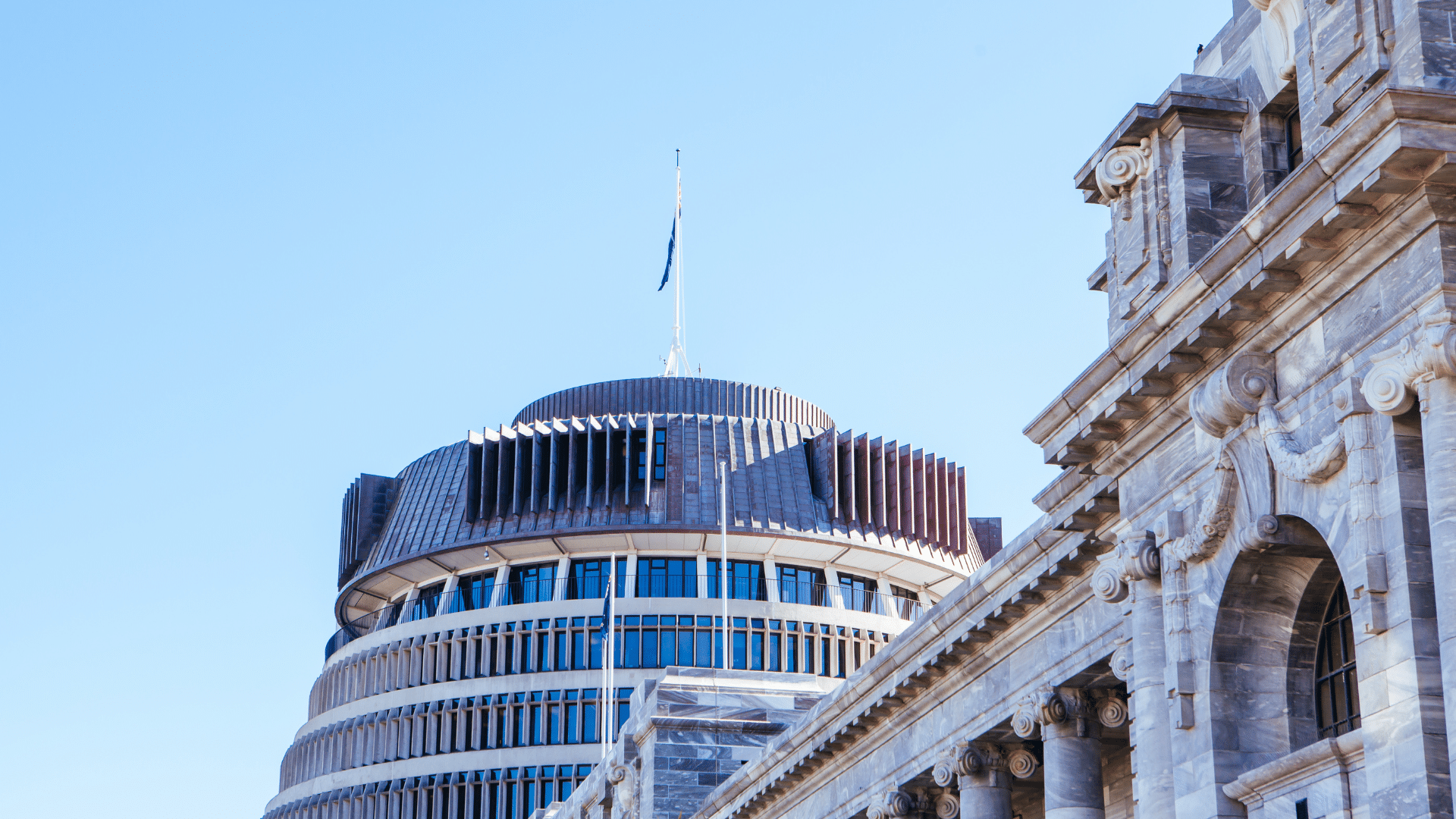Note: This article was published on 21 March 2024. The removal of commercial depreciation is now confirmed and implemented as of 1 April 2024.
With the removal of commercial depreciation all but confirmed, Property Council has galvanised our members to oppose the change, and the expedited process that circumvents the opportunity for a Select Committee process, via a letter to Parliament backed by over forty industry leaders.
Before the 2023 General Election, both Labour and National campaigned to remove depreciation deductions from non-residential (e.g. commercial and industrial) property to help replenish the government’s dwindling coffers.
At the time, Property Council was vocal in our opposition, pointing out that removing depreciation for commercial and industrial buildings for tax purposes has far-reaching impacts on everyday Kiwi businesses – no matter their size.
Following a survey of over 550 property industry respondents, we found that 92% did not support removing depreciation, forming the basis for our campaign to oppose the policy.
Fast-forward to today and the Bill is expected to pass by the end of the week.
Disappointingly, there has been little opposition in Parliament to the removal of commercial depreciation with not a single MP from the National, Labour or Act Party speaking on the matter.
Simply put: the commercial property sector has - once again - been seen as an easy and politically palatable, target for generating revenue.
Property Council’s letter to Parliament, sent yesterday, expressed our extreme dissatisfaction that the amendment to remove depreciation for non-residential buildings will not undertake a Select Committee process, thus removing the ability for ourselves, and our members to make formal comments in opposition to the proposal.
In our view this is undemocratic, and squanders any opportunity to provide alternative policy and regulatory ideas such as; retaining depreciation for seismic strengthening of buildings – something our members have been calling for.
In place of a submission, we re-stated our five key points:
1. Buildings do depreciate
International economic evidence dating back to 1981 shows that commercial and industrial buildings do depreciate, with the average rates varying between 1.0% to 9.9% (once high outliers are removed).
If depreciation was removed, New Zealand would be the only OECD country that does not have depreciation for both commercial and industrial buildings.
2. Flip flopping on depreciation rules creates uncertainty for industry and dampens international investment
Without commercial and industrial buildings having access to depreciation, there is significant risk that forward investment in the maintenance, seismic strengthening, environmental and well-being upgrades will be dampened or reduced. Furthermore, the future development pipeline (along with international investment) for New Zealand’s build environment will be seriously at risk.
3. Property Council survey showed 92% oppose the removal of depreciation
Property Council conducted a survey over a 24-hour period on the 15-16 October 2023, which was independently reviewed by Russell McVeagh.
The survey had over 550 respondents of which 92% did not support removing depreciation. 88% foresaw a decrease in the development pipeline if depreciation was removed and 83% foresaw a decrease in building values if depreciation was removed.
4. Property Council survey and research shows far wider market implications than the 2.31b estimate over the forecast period
The Regulatory Impact Statement estimates that removing commercial and industrial depreciation will raise $2.31b of revenue between 2024/25 – 2027/28. However, there is a greater cost associated with the removal of depreciation for the property sector and New Zealanders at large.
Property Council’s survey and research undertaken by Urban Economics discovered that the removal of depreciation could result in:
- $8.4b of projects at risk of not progressing (sample size 65 developers)
- $5.6b decrease in property values
- $2.7b of capital works at risk (sample size 95 owners/operators)
- $2.3b of projects at risk of re-evaluation (sample size 24 developers)
- $1,540 average additional rent increase for tenants per annum.
When property does well, New Zealanders do well – with 1.8 million Kiwis unconsciously property investors via their KiwiSaver schemes, and $3.3b (4.4%) in KiwiSaver funds invested in property – the removal of depreciation is much wider than our industry alone.
5. The Inland Revenue Department is opposed to the removal of depreciation
The Regulatory Impact Statement shows that the Inland Revenue Department (“IRD”) is opposed to the Government removing depreciation for commercial and industrial buildings.
It states: “we do not consider the removal of building depreciation to be a fair and efficient way of raising revenue.” The IRD recommends retaining the status quo.
The IRD also states that no alternative policy position has been made due to lack of time. We are greatly disappointed that there is no opportunity to provide alternative policy and regulatory ideas such as; retaining depreciation for seismic strengthening – as this could have been a middle-ground option for the industry.
We will be closely following the IRD updates on the wider implications the removal of depreciation will have on the property sector.
What's next?
While we grudgingly accept that the Bill will soon pass, Property Council has urged the Government to make this a temporary measure, with considerations to extend depreciation for seismic strengthening and, later, in full to ensure we can continue to shape cities where communities thrive.
Click here to download Property Council’s letter to Parliament.

